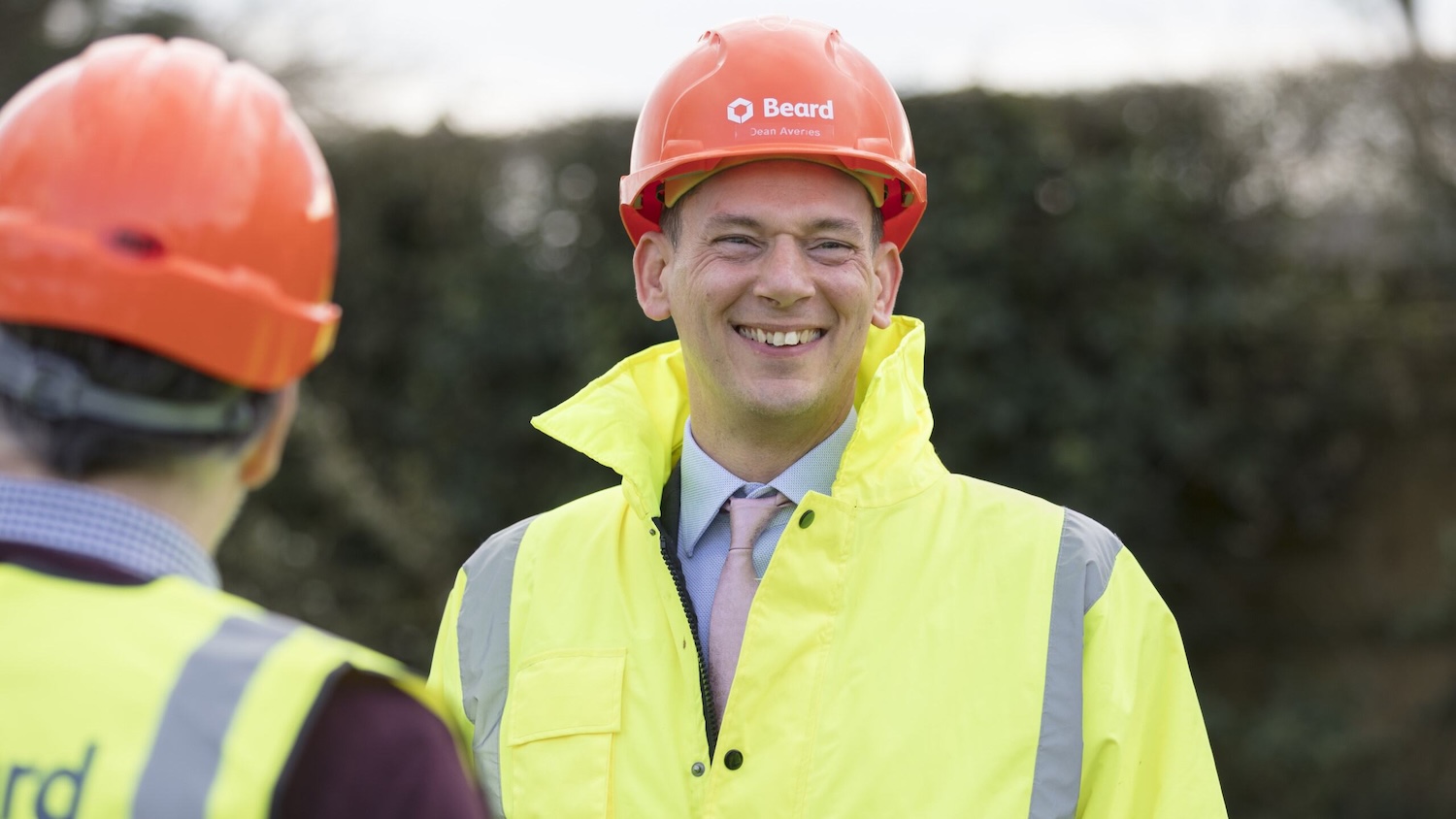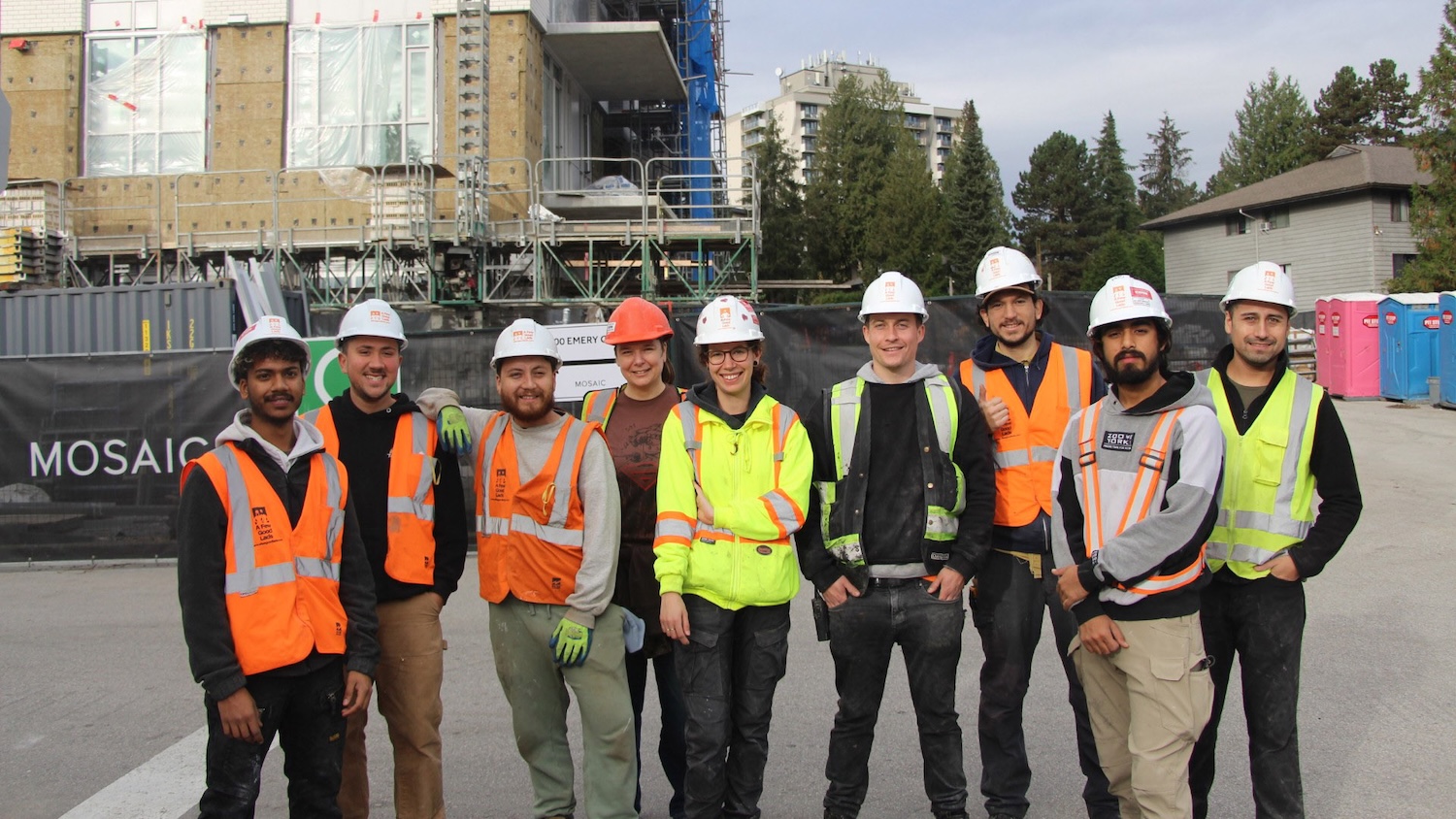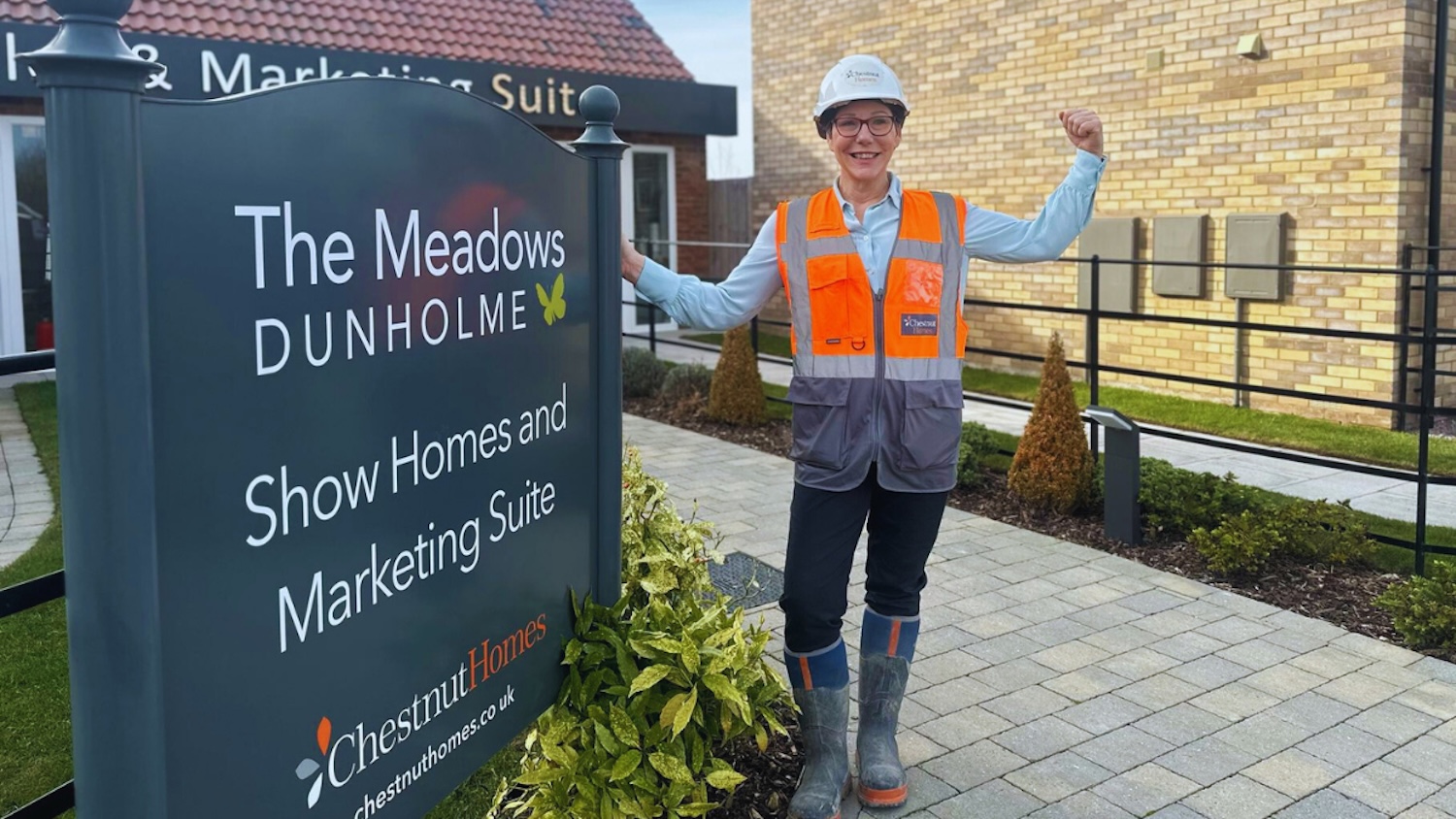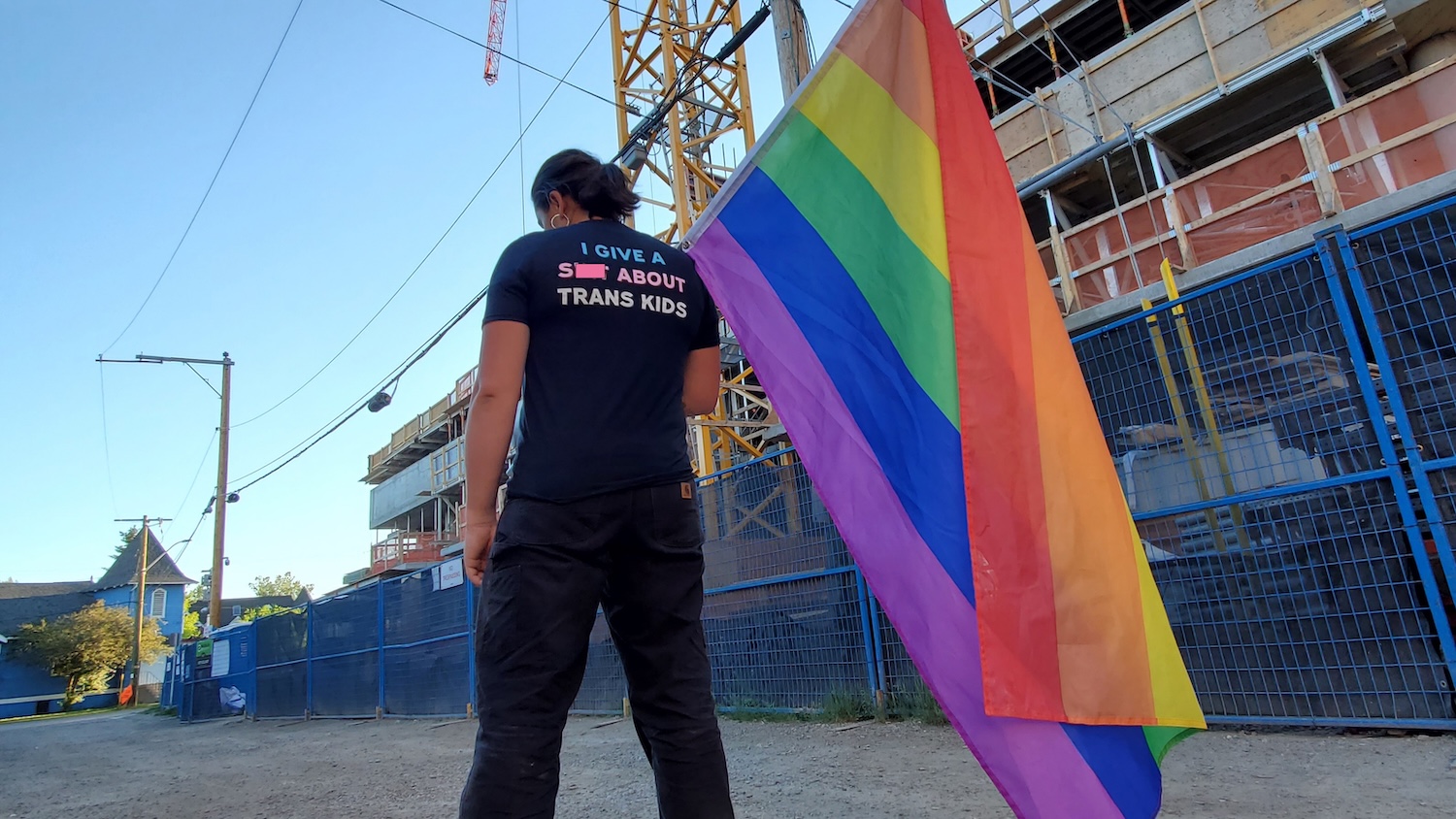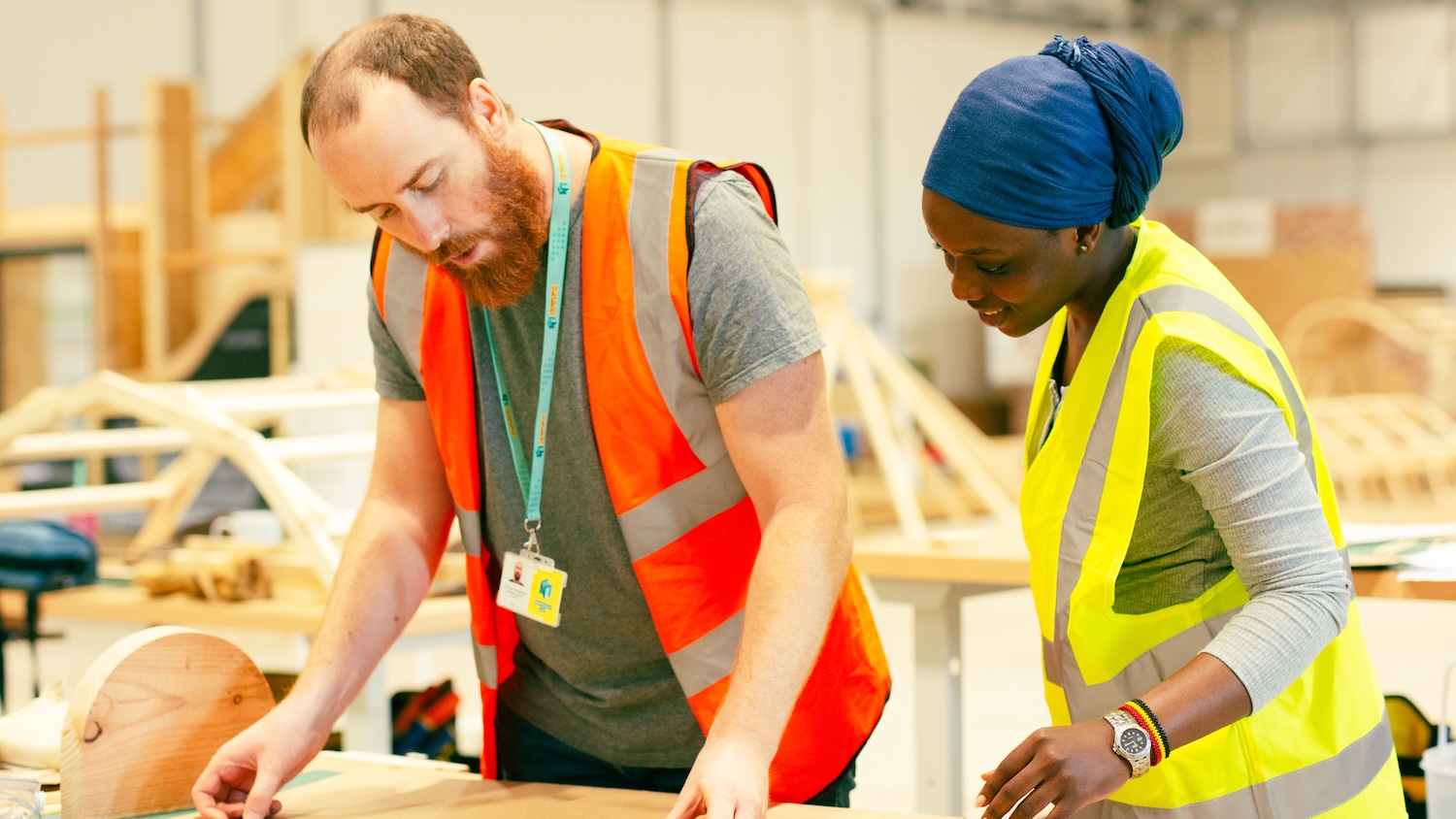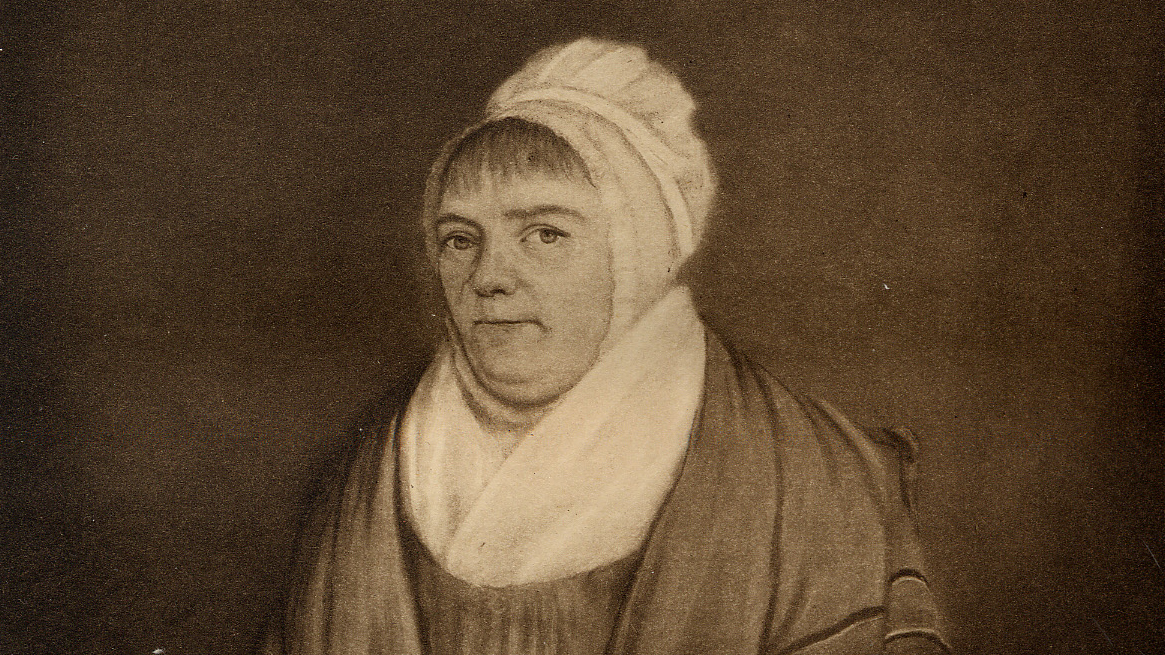
Creating an ‘emotionally literate space’ for women in business
As International Women’s Day approaches, CIOB People speaks to the founders of The Broad Room about the importance of allies who both champion and challenge each other
Built environment professionals are often encouraged to find mentors within their business or the wider sector who can help to encourage and inspire their career progression.
For women across the sector, it can be challenging to find other women in senior leadership roles who have shared experience of what it’s really like to work in a male-dominated environment.
It’s an issue that inspired Jo Britton and Carolyn Hobdey to launch The Broad Room – a network to support professional women of all ages, backgrounds and disciplines.
Both Britton and Hobdey have held director-level positions in male-intensive sectors including construction, manufacturing and logistics.
“When I go back through my career, working in those sectors, it was really difficult to find female role models that I related to,” says Britton.
“When you’re in those environments, it’s quite a challenge to navigate the workplace and show up unapologetically as yourself. Without those role models to relate to, it was really difficult.
“I think what also becomes apparent is that lack of diversity and women in leadership roles really influences decision-making and the way a business performs and evolves.”
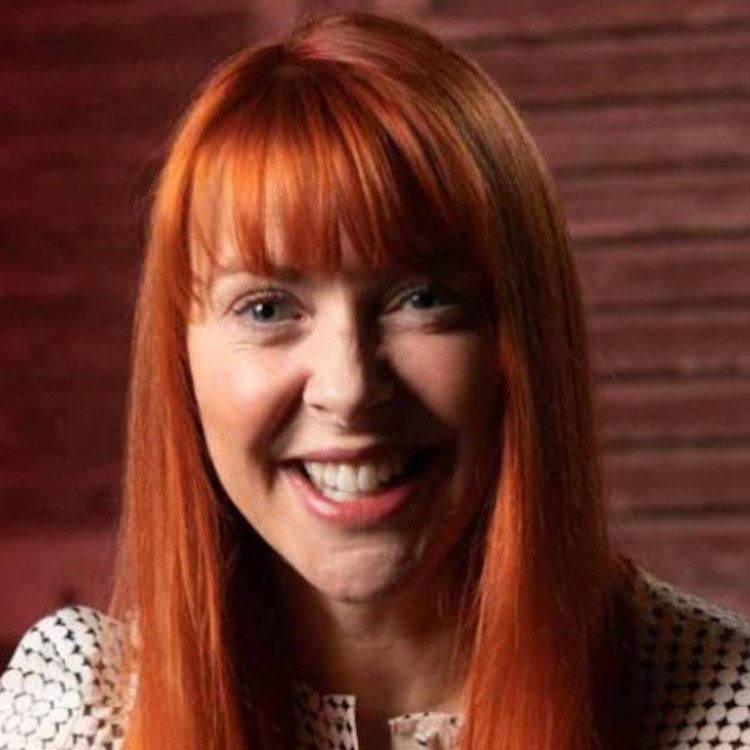
There are lots of benefits to our femininity, whether you are female or not… Feminine traits are really helpful to a business, in leadership and creating the right kind of environment for the whole workforce
Femininity in the workplace
Hobdey adds that the dearth of female roles models in her earlier career led her to mask femininity in the workplace.
“You start to feel like you have to behave like a stereotypical man in order to survive,” she says.
“I left a job earlier on in my career where I was the only woman on the senior team. I realised I was behaving more masculine than was true to myself just to get through the day.”
Hobdey admits feeling hugely uncomfortable about not being able to bring her whole self to work. “I just realised it wasn’t right,” she says.
“I think that femininity is actually really important to bring that balance in the workplace. There are lots of benefits to our femininity, whether you are female or not.
“Those more feminine traits are really helpful to a business, in leadership and creating the right kind of environment for the whole workforce.”
Britton adds that a more “emotionally literate space” was needed to help professional women “thrive and navigate their careers against the backdrop of the nuances of what it is actually like to be a woman and have a career”.
She says: “As women, we often have the lion’s share of responsibilities at home. We refer to the ‘triple shift’ system. You have your responsibilities at home, as well as your actual job.
“Then you’re carrying a lot of the emotional burden, whether that’s within work or outside of work.
“We have realised that a lot of women are just pretty exhausted. So, having a space where you can feel like yourself and have confidence to offload is vital.”
Bringing women together
And so, The Broad Room was born. Launched in 2023, the founders run quarterly events to bring professional women together to help address the challenges they are facing, professionally and personally.
As well as running these events, Britton and Hobdey also facilitate sessions for organisations that are committed to bolstering their equality, diversity and inclusion (EDI) agenda.
However, Britton hastens to add that The Broad Room is not about “moaning and whining”. “The space is really about being able to take agency over your personal and professional life and your career, to navigate challenges, but also to seize opportunities,” she explains.
Each session covers a range of topics to provide delegates with practical tools and techniques, as well as the opportunity to coach and mentor each other.
“We are focused on building a network where we all understand each other and we can be of support, but also challenge one another,” Britton adds.
“You can have your cheerleaders and champions, but it’s also important to have people in your network who are going to raise awareness and challenge you around some of the things you may be doing that are holding you back.”
The importance of male allies
While The Broad Room network is focused on championing female professionals, the founders are clear that men should not be denigrated.
Hobdey says: “There are a lot of really positive discussions about the men in these women’s lives. There’s clearly a lot of allyship.
“Whilst we create a lot of positive energy – and it’s a lot of positive female energy – it absolutely isn’t about running the men down or solely focusing on all of the challenges.
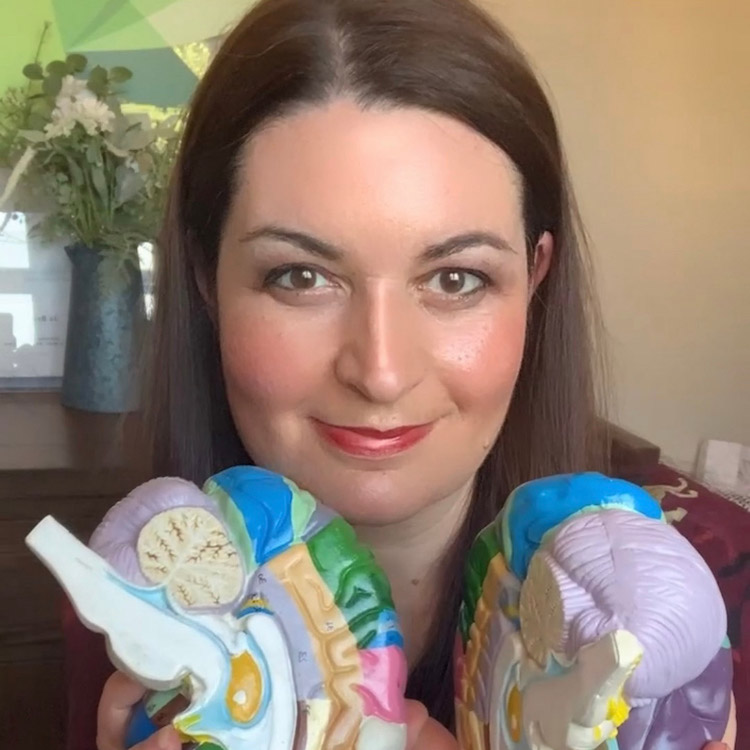
We have realised that a lot of women are just pretty exhausted. So, having a space where you can feel like yourself and have confidence to offload is vital
“It’s about acknowledging how hard it is just to be a human being and show up in the world. It’s also about understanding that different groups in the workplace will face unique challenges.”
Hobdey insists that the objective for the network is not to focus on how difficult everything is, but instead to explore “how can we resolve those challenges”.
“We create a space where women feel able to be vulnerable and speak up about the issues they’re facing. It might be something at work or it might be personally,” she explains.
“It is always amazing how that sparks contributions from other people in the room. We’ve got women from different backgrounds and at different stages in their lives, but they connect on these issues and can really understand and support each other to move forward positively.”
She adds that the experience during the networking events is “humbling”, seeing women speak up, be heard and support each other.
Building an inclusive culture
Looking ahead, both Hobdey and Britton are keen to see businesses and leadership teams focus on building a more inclusive culture where everyone feels safe and empowered to be themselves.
To do this, they say, creating an environment that nurtures curiosity is key.
“We should appreciate and value all of our differences and all the things we bring to the table, so when we also bring curiosity to that environment, it’s not about pointing fingers or demonising anyone,” Britton explains.
“For example, constantly complaining about so-called ‘dinosaurs’ or being ‘male, pale and stale’ is hugely unhelpful.
“For progress and evolution, we have to be appreciative of everybody’s context and background, and our own biases.”
Hobdey agrees, stressing the importance of “leading with curiosity not judgement” and acknowledging that senior leaders will “get it wrong sometimes”.
“In the process of trying to understand and learn, you might unintentionally say the wrong thing, use the wrong terminology or ask a question clumsily,” she says.
“But we need to create an environment where that’s ok. Getting it wrong is ok, as long as the intention is good.
“So, let’s start from that place of assuming that the intention is good in asking a question and being curious.”
She adds: “The role of everybody is to nurture everybody else. We will correct somebody if that is necessary, but we will do that with the intention of helping them to be better, and not to judge.
“I don’t think we can policy or legislate our way to better conversations. We just need to have those better conversations, from a genuine place of curiosity.”
• The Broad Room’s next event is on 1 March at Booth’s Hall in Knutsford, Cheshire. Download The Broad Room guide ‘From Critic to Cheerleader. How to banish your unkind inner voice’ for free here.


